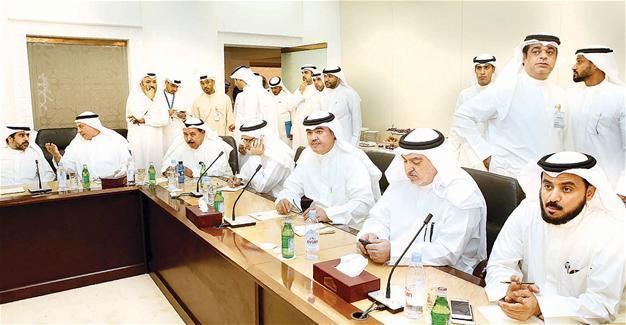IMF urges further Kuwait subsidy reforms to fight back budget gap
 Kuwait must enact further subsidy reforms to trim its budget deficit resulting from low oil prices despite political sensitivity, the International Monetary Fund has said.
Kuwait must enact further subsidy reforms to trim its budget deficit resulting from low oil prices despite political sensitivity, the International Monetary Fund has said. Posting its first budget shortfall of $15 billion last fiscal year following 16 years of surpluses, OPEC member Kuwait has adopted a series of austerity measures raising the prices of fuel, power and water.
The emirate liberalized diesel and kerosene prices last year and recently hiked the cost of petrol, causing a political crisis that led to parliament being dissolved and calls for a snap election. But even with these measures, Kuwait will need a massive 35 billion dinars ($116 billion) to finance its deficit over the next six years, the IMF said in a report released late on Nov. 15. In spite of the government reform measures, Kuwait’s “fiscal and external accounts have deteriorated markedly,” it said.
“Further subsidy reform is critical.” The report encouraged “the authorities to move ahead with their plans to further rationalize energy subsidies,” estimated at close to $7 billion in last year’s budget. It also called for controls on the wage bill and for raising non-oil revenues. Earlier this year, cabinet approved a comprehensive plan aimed at subsidy reforms, economic diversification and controlling the wage bill, which accounts for almost half of public spending. But the plan was fiercely opposed by the previous parliament and also by a majority of candidates running in polls slated for Nov. 26.
















